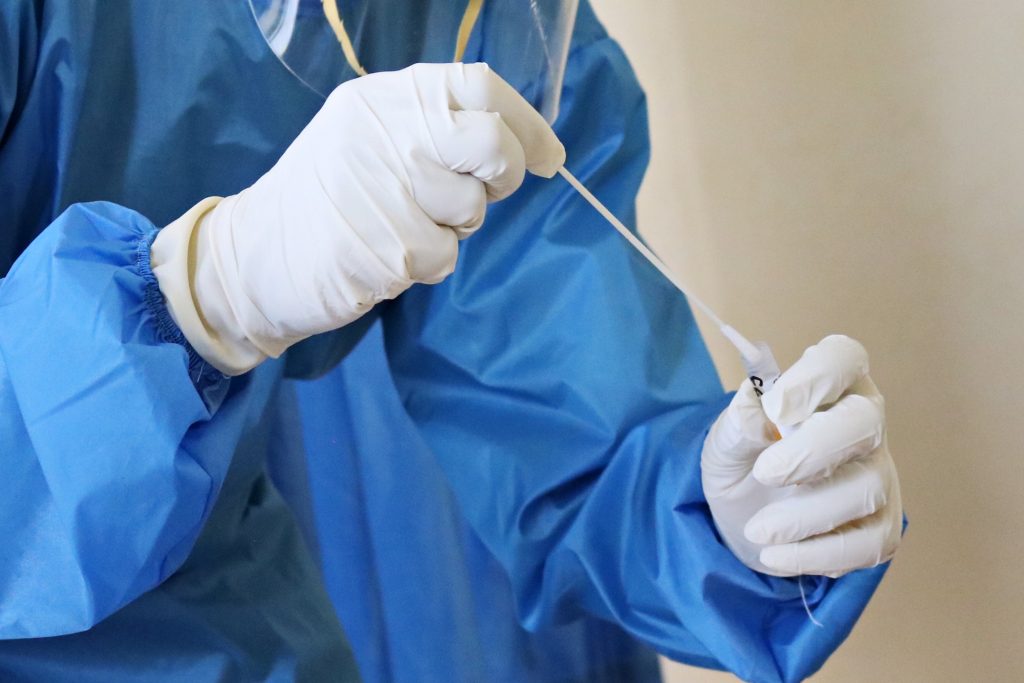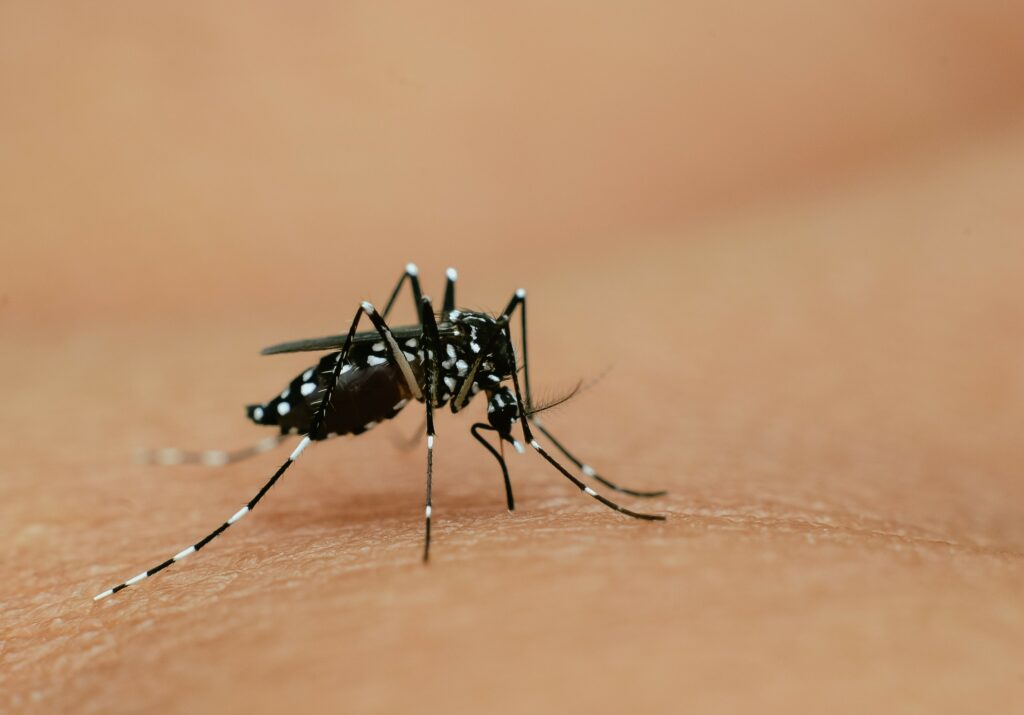Blog UK Health Security Agency


Mpox clade I: what you need to know

In this blog post, we share more information about what mpox is, the different clades, the key symptoms and how UKHSA is working with partners to respond to the outbreak.
How we monitor flu and other respiratory viruses each winter

As we approach another winter season, UK Health Security Agency (UKHSA) is ramping up its comprehensive surveillance systems to monitor flu and other seasonal respiratory viruses. Here's an overview of how we're working to keep the nation informed and protected. …
Marburg virus disease: what you need to know

You may have seen reports about a rise in cases of Marburg virus disease in Rwanda, which we are monitoring closely. Marburg virus belongs to the filovirus family, along with Ebola. It can cause haemorrhagic fever, meaning it can damage …
Your guide to who’s eligible for the 2024 flu vaccine

As we approach winter, it’s time for people at risk to be booked in for their free flu jab. If you’re eligible, you need to know why it matters that you take up the offer. Flu is far more than …
How are we tracking mpox in the UK?

In this blog post, we will explore the methods used by our teams which help us to monitor the spread of mpox and determine the counter measures needed if we see cases of clade I mpox in the UK.
How cutting-edge AI technology could hold the key to forecasting the pollen count

On the roof of a UK Health Security Agency (UKHSA) lab, at Chilton’s Harwell Science Campus in Oxfordshire, a new chapter in artificial intelligence (AI) and pollen monitoring is unfolding. In this blog post we’ll explore how our team of Toxicologists are working to better understand and monitor what we’re breathing in and how this may impact our health.

A parent’s guide to keeping kids healthy this school year

With kids getting back into the classroom, now is a good time for parents to familiarise themselves with some of the common illnesses that could disrupt children's studies or even cause more serious illness during the colder months. This blog …
How to stay healthy while wild swimming

This blog post has essential tips and advice if you're thinking of dipping your feet into the cool water of Britain's beaches, lakes and rivers. Read our tips on reducing your risk of becoming ill after open water swimming.
Who’s eligible for the 2024 COVID-19 vaccine, or ‘Autumn Booster’?

A summary of who is eligible to receive the COVID-19 vaccine or autumn booster in 2024. Current vaccines provide good protection against severe disease and hospitalisation, with protection lasting for around 4 months.
How Heat-Health Alerts contribute to keeping the vulnerable safe this summer

This week’s higher temperatures have triggered a yellow Heat-Health Alert, issued for England by the Met Office and UKHSA. While some may question the necessity of such warnings, it's crucial to understand the significant health implications that accompany changes in temperature. In this blog we look at the importance of taking action to protect the most vulnerable in periods of hot weather, even when yellow alerts are issued.
How you can help us resist the tiger mosquito’s conquest of Europe

As our world becomes increasingly interconnected and the climate changes, the UK faces challenges that we might associate with more exotic destinations. One such challenge is the potential introduction of invasive mosquito species, particularly the tiger mosquito (Aedes albopictus). This …
Related content and links
About this blog.
The official blog of the UK Health Security Agency, providing expert insight on the organisation's work and all aspects of health security.
Sign up and manage updates

IMAGES
VIDEO
COMMENTS
To enter China, your passport must have an ‘expiry date’ at least 6 months after the date you arrive and 2 blank pages for visas and stamping. Check with your travel provider that your passport and other travel documents meet requirements. Renew your passportif you need to. You will be denied entry if you do not …
29 October 2024. Updated: 16 August 2024. Latest update: Updated information on Visa requirements (‘Entry requirements’ page). This travel advice covers mainland China. See …
All travellers aged 12 and over must obtain a negative pre-departure Covid test result no more than two days prior to travelling back from mainland China to the UK. Results are checked by airlines and Border Force officials in …
check the latest vaccine recommendations for China; see where to get vaccines and whether you have to pay on the NHS travel vaccinations page; Altitude sickness is a risk in parts of China.
People travelling from the UK to China no longer require the first seven-day test and antibody (including N protein) test as previously required, regardless of whether or not they have been vaccinated and what kind of vaccine they have …
Do I need a COVID test to enter China? Visitors from the United Kingdom are not required to present a negative COVID-19 PCR test or antigen result upon entering China.
Passengers arriving in England from China will have to provide a negative Covid test before they board a flight, ministers have confirmed.
See guidance on factors to consider when assessing the risk of COVID-19 for travellers. If travellers develop COVID-19 symptoms while abroad, they should: Follow local guidelines on self-isolation, testing and avoiding travel. Contact …
A sample of passengers travelling from China into London’s Heathrow Airport will be invited to take a PCR test for COVID-19 on arrival. These tests will help us to better understand any...
The requirement for UK travellers to submit the results of a PCR test taken within 48 hours of flying has just been rescinded. Although you are still expected to submit PCR results, travel to...